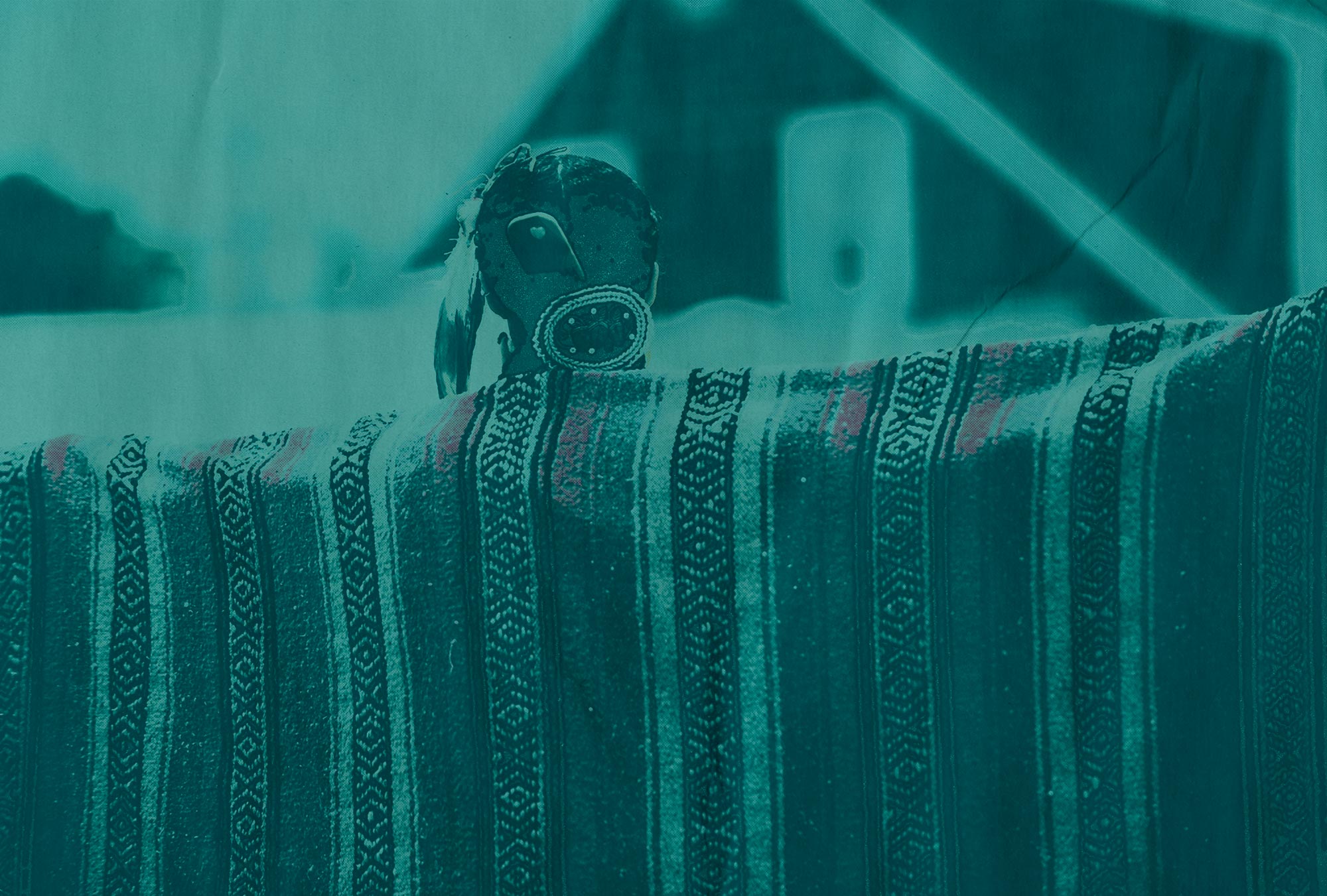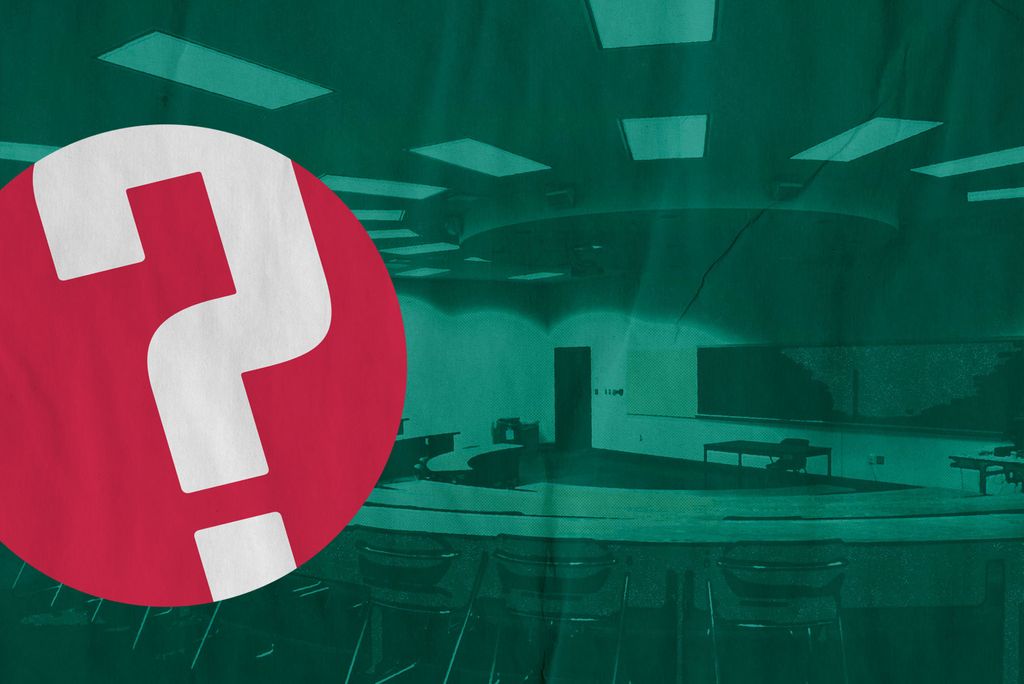Why Did BU Rename Columbus Day Indigenous Peoples Day?

Photo by Joseph Prezioso/AFP via Getty Images
Why Did BU Rename Columbus Day Indigenous Peoples Day?
Adrienne Young (SSW’21), a member of the Sault Tribe of Chippewa Indians, wanted to see Boston University change Columbus Day to Indigenous Peoples Day to celebrate the people who were in America long before Christopher Columbus arrived. BU administrators agreed, and this year for the first time, BU will celebrate Indigenous Peoples Day instead.
You can also find this episode on Apple Podcasts, Spotify, Google Podcasts, and other podcast platforms.
Takeaways
- As a result of Adrienne Young’s advocacy, the BU School of Social Work began celebrating Indigenous Peoples Day in 2020
- Her efforts were also influential in the University-wide decision to officially rename Columbus Day Indigenous Peoples Day
- Indigenous Peoples Day is neither a state holiday nor a federal holiday. You can learn more about the campaign to make Indigenous Peoples Day an official Massachusetts holiday here
Transcript
Dana Ferrante: This is Question of the Week, from BU Today.
Why did Boston University rename Columbus Day Indigenous Peoples Day? In this episode, Doug Most, BU Today executive editor, talks to Adrienne Young, a recent graduate of the BU School of Social Work and a member of the Sault Tribe of Chippewa Indians.
As a result of Young’s advocacy, the School of Social Work began celebrating Indigenous Peoples Day in 2020. Her efforts were also influential in the University-wide decision to officially rename Columbus Day as Indigenous Peoples Day.
Doug Most: We’re speaking today with Adrienne Young. We’re glad to have you here to talk to us about why it was important for BU to rename this holiday, and what the significance of it is for you.
Thanks for joining us.
Adrienne Young: Yeah, sure, happy to be here.
Most: What prompted you to think that even though Massachusetts as a state has not made this change, you thought that BU could make its own change? Can you talk a bit about what prompted you to start acting on this?
Young: So, I guess I was prompted because I was surprised that BU, and the BU School of Social Work in particular, were still recognizing Columbus Day, because it seems like there has been a movement to correct some of these long-standing harms or issues for marginalized people.
And so I thought it was odd that Columbus Day was still being celebrated, especially given other schools in the area have made the shift. I was living in Brookline at the time, and the city itself had also made the shift [to Indigenous Peoples Day. And so I thought maybe just sharing some of that information and bringing attention to it might help to steer BU in the right direction.
Most: As a member of the Sault Tribe yourself, how much did that sort of influence your motivation and desire to do this? Was there a personal level for you, in addition to just a professional and human level?
Young: Absolutely. I mean, as an indigenous person, I’m always looking out for indigenous rights, and unfortunately, it’s been something that has had to be very present in my life.
And it’s unfortunate that these issues have to be present; I love being Native American. But there was a personal issue… I think my family felt very happy and proud when they made the change. And so it definitely makes a difference. But also, as an indigenous person, when I moved to Boston, I looked into other indigenous organizations or ways to connect with the community in Boston, and Indigenous Peoples Day MA is a large campaign that’s being organized [and] that has a bill trying to move through the state legislature.
They actually had a hearing on [September 28, 2020] so I checked in with them, and heard more about their campaign, and saw where they were making a difference, and used a lot of their resources and information to try and make it happen at BU.
Most: Why was it so important that BU rename a holiday that’s been in place for so long?
Young: Sure. I think overall it’s really important for the whole state to move past it, for the country to move past it, and really embrace Indigenous Peoples Day as a way to celebrate how long we’ve been here, [and] how long we stewarded the land sustainably. And for me, I guess the myth of Columbus discovering North America seems just wildly inaccurate.
He didn’t discover it, there were Native American people here already. I understand that there’s some pushback from Italian Americans who like to see [Columbus Day] celebrated, but in the commonwealth, October is Italian American Heritage Month, and I think that’s really wonderful. And so to just remove this figure who played a large role in the genocide of indigenous people and swap it with celebrating indigenous culture feels like a strong statement to make.
And especially in education, where Native American people still are not well supported…I think it’s hard to be a Native American student. You’re oftentimes part of a really small population, and so for schools to do that, for BU to recognize Indigenous Peoples Day, I think is also a step in the right direction in making indigenous students feel welcome on campus.
Most: When you started the conversation and started reaching out to people—whether it was talking to fellow students or administrators—what was the initial feedback and reaction you heard?
Young: The School of Social Work, and the [BUSSW Student Union] in particular, is very supportive. And so, I was part of the Student Union and there’s a lot of enthusiasm to remove Columbus Day, and Jorge Delva, who’s the dean, has, like I said, really worked with me to help make the school an even more welcoming place for indigenous students, so I think he was happy to see everything that I shared with him.
He and the dean of equity and inclusion let me know that they would elevate it and do their best, but they couldn’t make any promises about the larger school. But last year, Jorge made it official at the School of Social Work, and that they would recognize Indigenous Peoples Day instead of Columbus Day.
So I’m really heartened to see that BU is following suit this year.
Most: Can you go back and talk a little about Columbus, right? I mean, in history books, when I think back to how I first learned about Columbus, you’re right, we hear of him as “he discovered America.” Was that a key part of what was driving you—that there’s this feeling that the lessons students are learning in the history books don’t tell the complete picture?
Young: Yeah, I mean, I guess… I think it’s almost comical how celebrated Columbus has been in this story. I mean, he didn’t even arrive in this portion of America. I think he arrived in the Caribbean and did horrible damage there. And so some of that story is just inflated, similar to how the story of Thanksgiving and that the tribe here welcomed Pilgrims is sort of conflated.
It really puts a lot of emphasis on the colonizers coming to the US and not enough emphasis, in my opinion, on the indigenous people. I’d much rather hear and celebrate the stories of indigenous people in the US and their culture, and their experiences, and how they’re still here.
And so, I think it’s really, to me, about just shifting the focus from centering Columbus or other people who have colonized the US to focusing on the indigenous people.
Most: So lastly, I mean, I guess the big question that’s still out there is: what will it take for this to happen at the federal level, to have the [Columbus Day] holiday renamed [Indigenous Peoples Day]?
Young: I follow when new states approve it, I followed the hearing last night [in the Massachusetts legislature, when indigenous people and other activists asked the governor to proclaim Indigenous Peoples Day, instead of Columbus Day, on the second Monday in October] and I’m really supportive of states recognizing Indigenous Peoples Day. It would be awesome if it happened federally, but for me, I guess this is just one step. It’s a holiday. There’s lots of indigenous issues happening across the US, with the Indian Child Welfare Act, some of the pipelines going through native lands, not honoring the treaties that you know we have a right to.
And so, I think that the holiday would be great, but I’d love to see more action on all of these different types of issues. That’s really what I pay attention to, national indigenous legislation. [I] read Indian Country Today to follow up on native issues and immerse myself in all of [the important issues going on.
And I hope that fellow BU students will maybe take some time on the holiday to do that as well.
Most: I’m glad we were able to talk to you, Adrienne. Thank you for joining us. We appreciate the time that you took with us today.
Young: Of course! Thanks so much.
Ferrante: Thanks to Adrienne Young for joining us on this episode of Question of the Week. To learn more about the campaign to make Indigenous Peoples Day an official state holiday in Massachusetts, go to indigenouspeoplesdayma.org. You can also find the link to the campaign in the show notes. And while you’re there, please remember to rate, share, and review us on your podcast app of choice.
I’m Dana Ferrante; see you next week.
This Series
Also in
-
October 31, 2022
Why Are This Year’s Midterm Elections Especially Important?
-
October 17, 2022
Will the Supreme Court End Affirmative Action?
-
September 26, 2022
How Do I Talk to a Climate Change Denier?

Comments & Discussion
Boston University moderates comments to facilitate an informed, substantive, civil conversation. Abusive, profane, self-promotional, misleading, incoherent or off-topic comments will be rejected. Moderators are staffed during regular business hours (EST) and can only accept comments written in English. Statistics or facts must include a citation or a link to the citation.